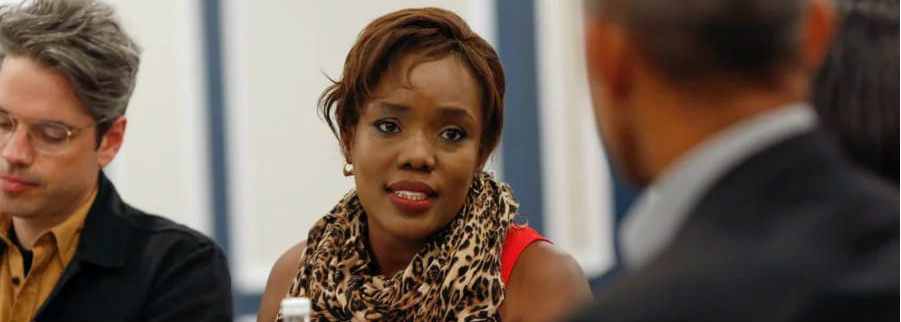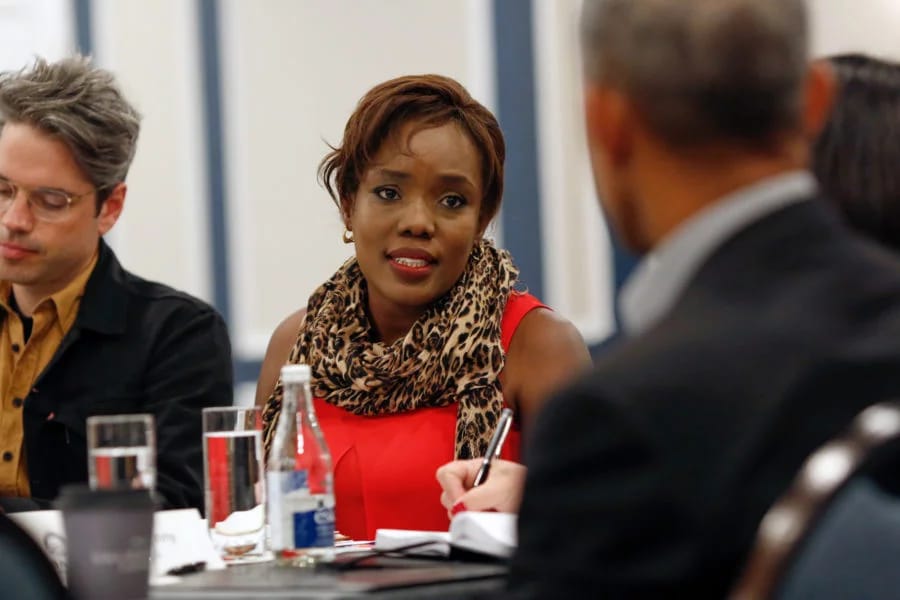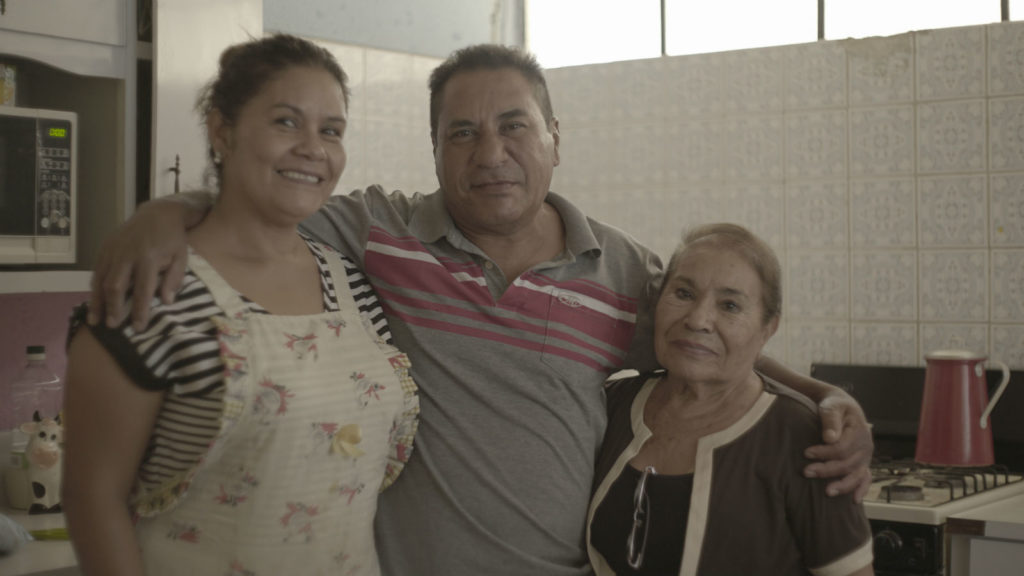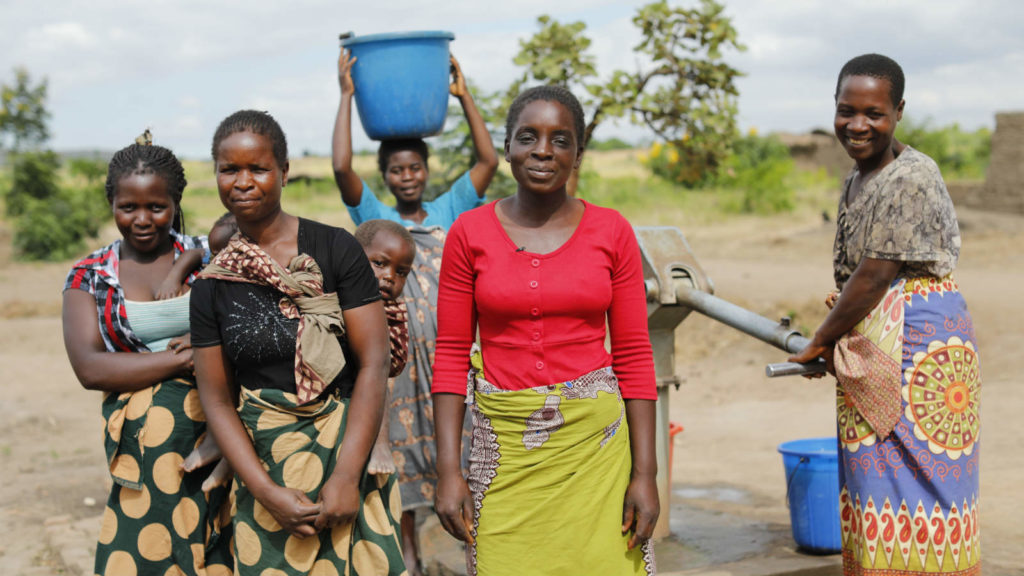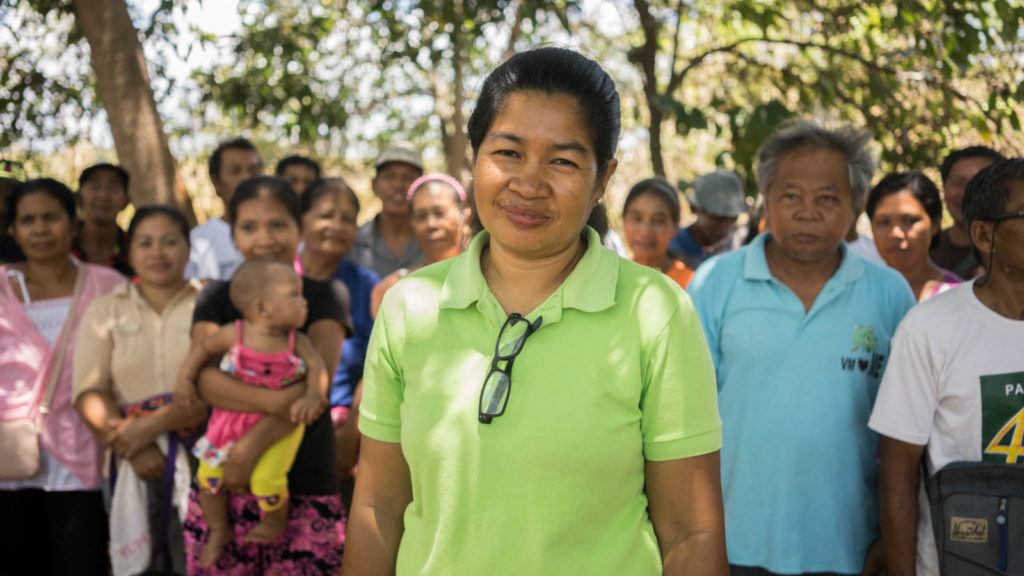Global gatherings are always full of inspiration, new ideas and intense experiences. They are the “reset” button and eye opener every change maker needs. The Open Government Partnership Summit (OGP) 2019 in Ottawa, Canada, held all this and more for those working in transparency, public accountability, innovation and citizen engagement.
This summit brought together active citizens from all over the world who are trying to make sure the country goals set for open government, and other responsibilities OGP members bear towards their citizens, are met in an efficient, collaborative and open way. For example, if a government has committed to provide the medicines needed by residents in a certain area, people who work towards open governments will make sure these residents understand and are part of the assessment that decides what kind of drugs are purchased. They would also support efforts to ensure residents receive simplified information needed for informed and meaningful public participation.
Sometimes it’s best to be on the sidelines
On the sidelines of the Summit, was a great opportunity for nine active citizens from Afghanistan, Argentina, Canada, Estonia, Kenya, Kyrgyzstan, Ukraine and the United Kingdom to have a sit down with Active Citizen No. 44 – President Obama. As you might already know, President Obama is a community organizer at heart and intensified his efforts to mobilizing a global community as the 44th President of the United States. We met him as part of his work with the nonpartisan Obama Foundation, which works with young leaders around the world.
Lessons on how to bring about change are invaluable to an active citizen working on any issue. There are so many great insights I came away with, here are just a few.
Meet people’s needs
The processes and “lingo” of change are very unfamiliar to anyone not working in the area that you are. They may not even understand what it is you do. If you ask most change makers, even their families aren’t exactly clear what they do. They’re just glad you have a job. Give people you’re working for something they can use in what matters to them. And that they can very specifically focus on. Translate what you do into how people can get textbooks into schools, for example. People understand stories, not data. Help people to use information and data for their needs.
Support decision making based on facts
The underbelly of all our efforts must support people to seek, receive and impart information through the media of their choice. There are of course justified limitations to this. However, if people are not making informed decisions, and the basis of their information is skewed, we’re in trouble. A subtle undermining of true and factual information can be much more harmful than overt repression.
Identify the real problem
Is it corruption, or inefficiency? When the media reports on billions in losses of taxpayer money or major accountability failures, your mind immediately focuses on the scourge corruption is to your country. But find out what part of this is stemming from outright corruption, reporting inefficiencies, poor data collection practices or systems, perhaps even internal sabotage politics – and so forth. My personal imagery to help with this is stacked babushka dolls. Until you unpack that last nested doll, your efforts will not be addressing the real issues.
Win over the winnable
Reality check: not everybody is “winnable.” That is, not everyone will be won over by your great ideas. Accept that some people are “unwinnable.” Start by identifying winnable individuals in your network of change who identity with your approach and engage them on your issue. Not only are you spending your time and energy more effectively, but you are maximizing opportunities to achieve change. But if you have a strategy to win over the unwinnable, it’s worth a try. Go for it.
Consider the tough realities
Countries are achieving your promised goals even without following the critical path you’ve proposed. What does that mean for your belief in what you are advocating for, and its fundamental nature? It means you settle in as a visionary of the long term performance of governments based on dignity, shared power, transparency and accountability to citizens. Do not focus on the short terms gains of efficiency.
What are some of the personal lessons from my own journey? Meet people where they are at. Don’t oversell. Encourage others to give themselves permission to hope. Be deliberate about being accessible. Allow others to walk their own journey of transformation, don’t be too prescriptive. An authentic, individual transformation journey is sustainable, effective and replicates.
Adopt the mindset that change making is not for others, it is for you.
“It’s easier to be cynical, to accept that change isn’t possible, and politics is hopeless, and to believe that our choices and actions don’t matter. But if we give up now, we forsake a better future. “
Barack Obama

